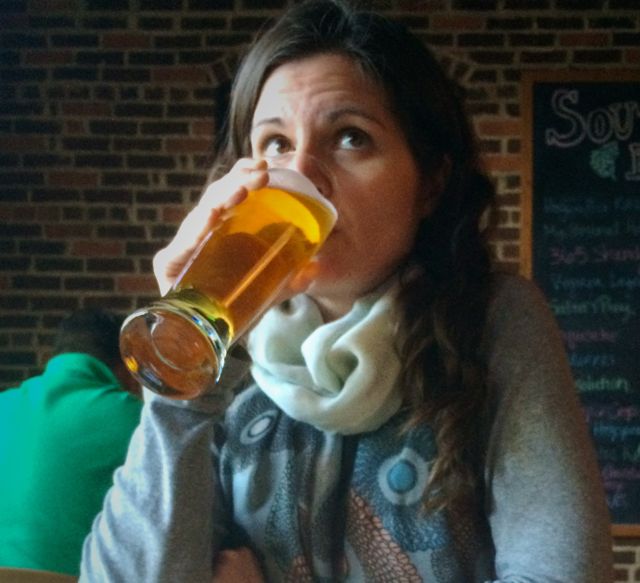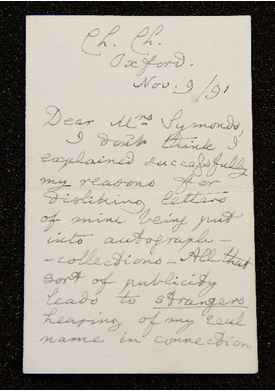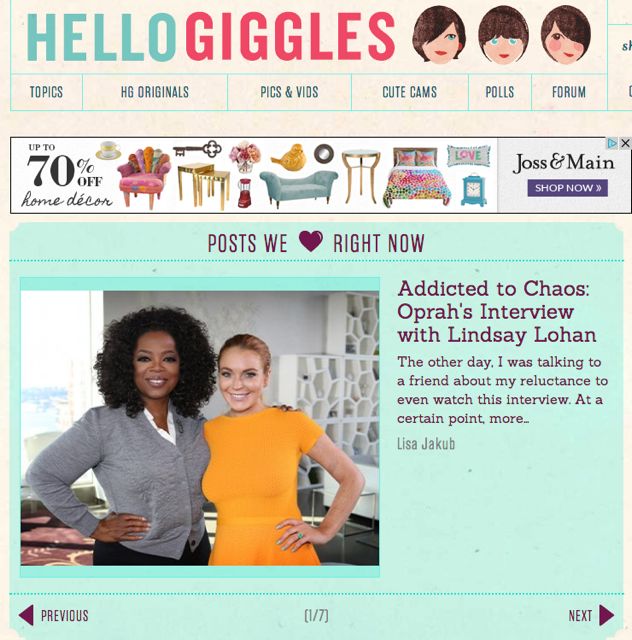Hello, my name is Lisa Jakub and I used to be an actor (Or: The answer to "why did you quit acting?")
/Hello, my name is Lisa Jakub. But most people in a restaurant/dentist’s office/yoga studio dressing room, call me “Hey, you look like that girl from Mrs. Doubtfire/Independence Day/Matinee.”
There is a good reason for that. I am that girl. More accurately, I was that girl. Or maybe I always will be her. A couple of decades later, I’m still trying to work that part out.
These days, I’m an author, speaker, workshop leader, yoga teacher, and a happily retired actor.
The actor part is an awkward thing for me to write about. Because I spent ten years running from my past. A friend said that I’m so dodgy about my old life, that I behave like someone who killed her entire family and moved out of state.
I’m that elusive about it.
But I didn’t kill anyone.
I was just an actor.
But sometimes when people find out I was an actor, it changes how they see me. They seem to think that I’m somehow inherently different from them. And they always look at me with a thoroughly perplexed look on their face – and say "why would you ever leave Hollywood?"
You’ve probably left a job before. Why did you leave? Probably because you didn’t enjoy it anymore. Maybe something about that job didn’t feel authentic to you or fit in with what you wanted from life. There were probably parts of your job that you really liked, but one day, when you made your pro and con list — the con side was longer. Maybe you had done the job for eighteen years - like I had. Maybe it was time to do something new. That’s why I left my job.
I didn’t hate it. It wasn’t awful and I’m not whining about how hard my life was. Parts of my job were wonderful. But then I got to the point where the competition and the politics and the superficial nature of the industry started to get to me. I felt like a phony who was trying to live someone else's dream. My anxiety and depression intensified. So, I decided I should leave, before I became one of those alcoholic/eating disorder ravaged/drug addicted train wrecks of a former child actor. I had no desire to be a cautionary tale.
But when people recognize me, it’s hard to explain all that, because movies and fame have become such a revered thing in our society. It makes me look special or different or weird – when in fact, I’m just figuring my way through the world. Just like everyone else.
So, when I left L.A., I tried to bury Lisa Jakub. I went to college, got married, became a writer and learned how to do normal-people things like use my stove. When people said, "you look like that girl..." I said, "yeah, I get that a lot." And ran away. I was trying to forget that the old life existed.
Everyone has something that they try to cover up about themselves, something that makes them feel different and a little strange. Something that they worry will make them not quite fit in, like that quickie divorce or the anxiety disorder or the funny-looking thing on their foot.
Movies happen to be that thing for me.
Have you ever tried to run away from something? Every time you turn around, you always find it sitting right on your shoulder. In my new life, I’m a writer and I process my whole life through words on a page. It comforts me, organizes me, and helps me make sense of the world. Through writing this blog and my first book, You Look Like That Girl, and then my second book, Not Just Me I’ve learned how to have a healthy relationship with this part of my life.
I don't run away anymore.
Movies don't have to be front and center because I don't think that what I did when I was fourteen years old is the most important or interesting thing about me.
I just don’t want to pretend anymore.








